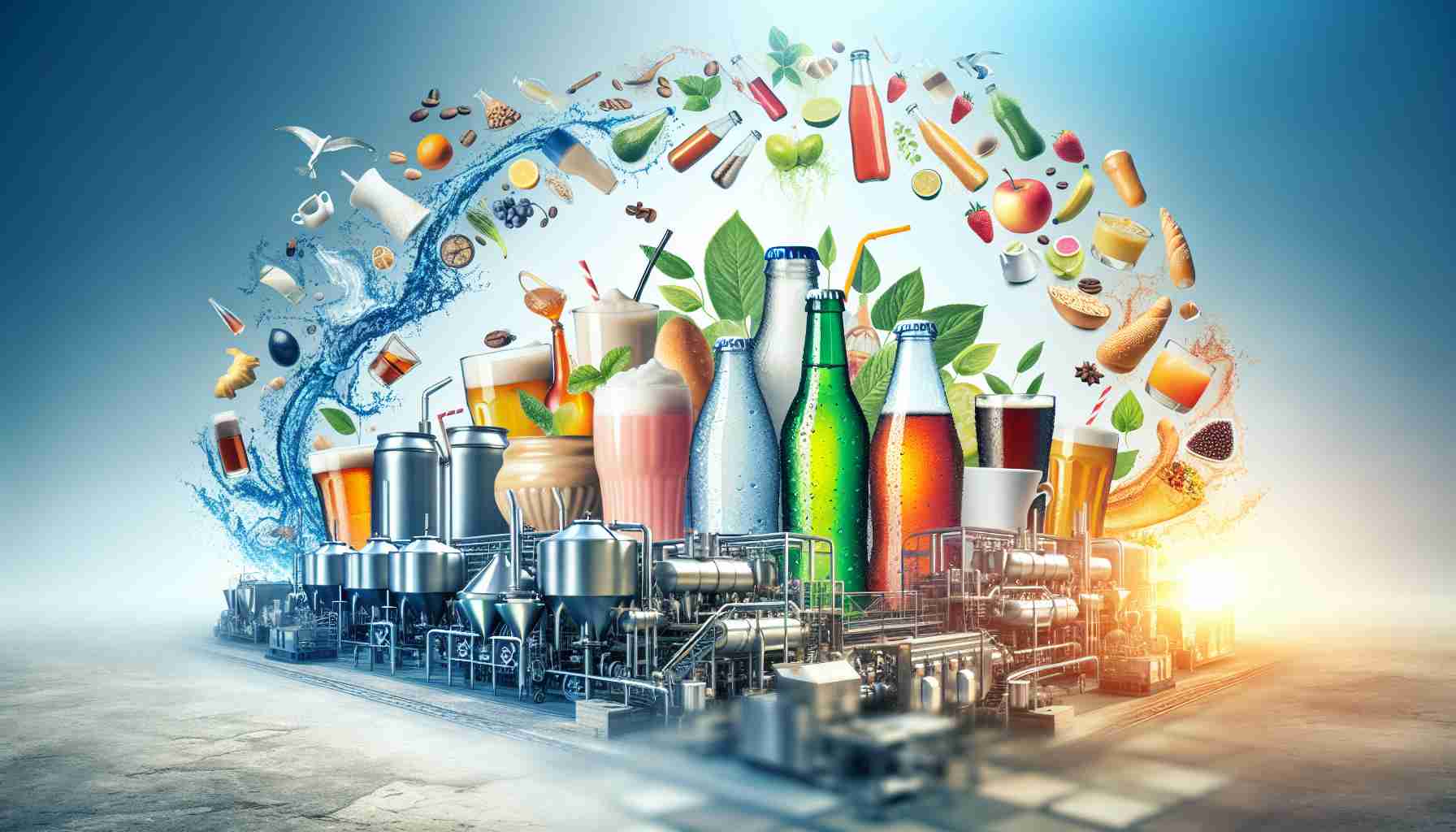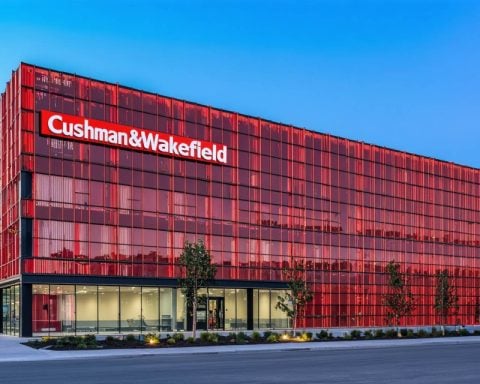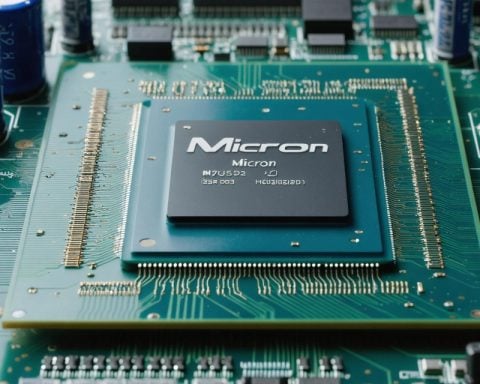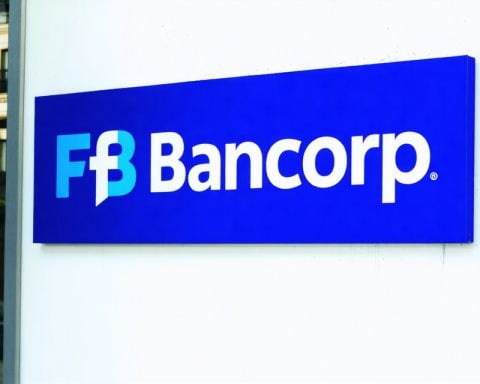- Health-conscious trends are reshaping the beverage industry, leading to innovation in product offerings.
- The Coca-Cola Company is expanding beyond traditional sodas into categories like flavored alcohol and health-driven beverages.
- Coca-Cola reported a 6% increase in net revenue during Q4 2024, driven by its Zero Sugar line.
- Younger consumers are seeking beverages that offer energy, cognitive benefits, and gut health support.
- The use of natural sweeteners like stevia and monk fruit is rising to balance health and taste.
- No- and low-alcohol beverages are gaining popularity, reflecting a demand for mindful drinking options.
- Tariffs on aluminum pose challenges but may drive further packaging innovation.
Bubbly drinks with a fizzy kick aren’t just about taste anymore. Across America, and indeed the world, shifts toward health-conscious living are transforming the beverage aisle into a battleground of innovation and adaptation. Rising consumer expectations for healthier options are driving beverage giants to rethink what goes into every can and bottle.
In this fast-paced environment, The Coca-Cola Company isn’t just swimming; it’s making waves. This iconic global brand, known for its traditional sodas, is expanding its reach across diverse categories like flavored alcohol and health-driven beverages such as kombucha and teas. As many companies face stagnant growth, Coca-Cola has defied the trend, reporting a 6% increase in net revenue during Q4 2024, with its Zero Sugar line capturing the spotlight as unit volume climbed rapidly.
Why all the buzz? This innovation is fueled by a response to changing consumer behaviors, with younger generations opting for products that promise more than just hydration. They’re demand-driven, seeking drinks that support energy, cognitive function, and gut health. Many brands are exploring the limits of natural sweeteners like stevia and monk fruit in a bid to meet the dual demand for health and taste.
Meanwhile, the realm of alcoholic beverages isn’t untouched. The rising popularity of no- and low-alcohol versions suggests a shift toward mindful consumption, with sales hitting stunning highs, a testament to a public appetite for healthier social sipping.
However, a looming storm in the form of tariffs on aluminum threatens to hike prices, a challenge in a sector already pulsing with competition. Yet, this might spur further innovation, as age-old packaging norms face a dramatic rethink.
The takeaway? The thirst for success in the beverage industry is no longer clenched solely in a can or bottle’s appeal; it now satiates a broader, more nuanced hunger for wellness and innovation.
Exploring the Fizzy Future: Beverage Industry Trends Revolutionizing Your Sip
How-To Steps & Life Hacks: Embracing Healthier Beverage Choices
1. Read Labels Carefully: Understand the ingredients and nutrition facts on beverage labels. Look for low sugar content, natural sweeteners, and added functional health benefits like vitamins or probiotics.
2. Explore Zero Sugar Options: Brands like Coca-Cola are expanding their zero-sugar product lines. Transition gradually and find a zero-sugar beverage that caters to your taste preferences.
3. Try New Flavors: Consider innovations such as flavored waters, kombucha, and teas that offer a range of tastes while supporting wellness goals.
4. Experiment with Functional Beverages: Look for drinks that promote energy, cognitive benefits, or gut health. These functional ingredients may include adaptogens, nootropics, and prebiotics.
5. Sustainability Hacks: Opt for brands with sustainable packaging, like recycled or plant-based materials, to contribute positively to environmental conservation.
Real-World Use Cases: Beverage Industry Innovations
– Coca-Cola’s Move into Alcohol: The company’s foray into flavored alcoholic beverages and hard seltzers caters to consumers looking for responsible indulgence options.
– Natural Sweeteners: Using stevia and monk fruit, brands aim to provide sweetness without the added calories of traditional sugar.
– No and Low-Alcohol Beverages: These drinks serve consumers seeking to reduce alcohol intake while enjoying social occasions, representing a significant market growth area.
Market Forecasts & Industry Trends
– Increased Demand for Health-Oriented Beverages: The industry is expected to see a continued shift toward drinks that offer functional health benefits, as reported by market research firm Grand View Research.
– Growth of Non-Alcoholic Beverages: As consumers increasingly prioritize wellness, non-alcoholic and low-alcohol beverage sales are projected to climb sharply.
Reviews & Comparisons
Prominent Industry Players:
– Coca-Cola Zero Sugar: Praised for maintaining traditional taste profiles while meeting consumer demand for healthier options.
– PepsiCo’s Bubly: Known for embracing natural fruit flavors with no added sugar or artificial sweeteners.
Comparative Study:
– Both Coca-Cola and PepsiCo have ventured into health-conscious options, but Coca-Cola takes the lead with its reported revenue growth in the zero-sugar segment.
Controversies & Limitations
– Aluminum Tariffs Impact: Rising tariffs can increase product costs, challenging manufacturers to innovate in packaging while maintaining competitive pricing.
– Artificial Sweeteners Debate: While offering fewer calories, artificial sweeteners face scrutiny over potential health effects, making natural alternatives more attractive.
Features, Specs & Pricing
– Functionality: Beverages now offer more than taste, providing energy boosts, cognitive benefits, and natural ingredients.
– Pricing Trends: Health-oriented drinks may command premium prices, influenced by ingredient costs and packaging innovations.
Security & Sustainability
– Eco-Friendly Packaging Solutions: Companies are investing in sustainable packaging to reduce environmental impact, appealing to eco-conscious consumers.
– Supply Chain Challenges: Ensuring consistent supply amidst raw material pricing volatility remains a priority for manufacturers.
Insights & Predictions
– Evolving Beverage Landscape: The future sees an intersection of taste, health, and innovation, where consumer preferences drive a sharp transition toward wellness-focused products.
Tutorials & Compatibility
– DIY Kombucha: Learn how to brew your own kombucha at home, a flavorful probiotic-rich tea that supports gut health.
Pros & Cons Overview
Pros:
– Healthier beverages offer functional benefits beyond hydration.
– Increased consumer choice with a variety of flavors and options.
Cons:
– Potential price increases due to ingredient and packaging innovations.
– Variable taste acceptance among traditional beverage consumers.
Actionable Recommendations
1. Sample Diverse Options: Use apps and online subscription services that offer a variety of healthier beverages to discover your preferences.
2. Support Sustainable Brands: Prioritize purchasing from companies committed to environmental sustainability and ethical sourcing.
For more information on innovative beverage choices, visit official Coca-Cola site and explore their expanding portfolio.






















